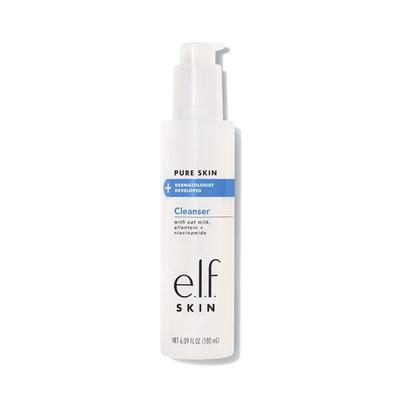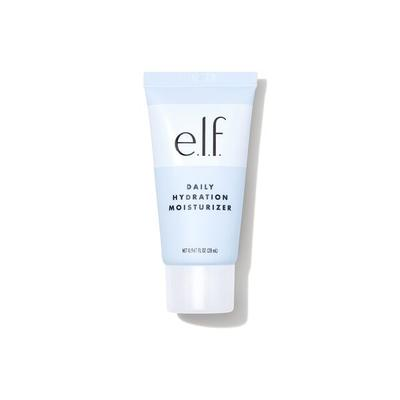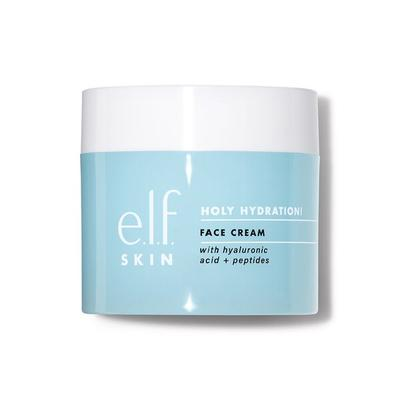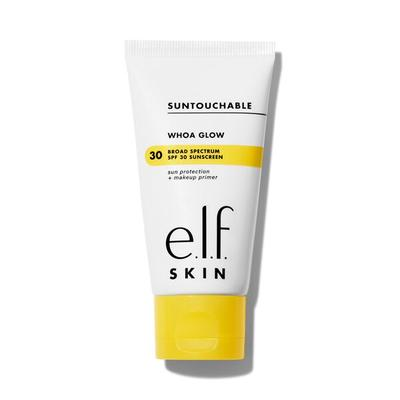Hey Diva dressing fans! When the items we love coincide with brands we work with, Diva dressing will use Paid Links in our articles. If you decide to click on these links and purchase the product, we get a small commission. Our Opinions Are Our Own, but we do add Paid Links as a way to offer these products at no added cost to our readers. Want to know more? Click Here to check out our Terms of Use anytime!
Achieving better skin is often the result of consistent habits that promote overall skin health. From maintaining a proper skincare routine to adopting healthy lifestyle choices, here are some essential habits for improving your skin’s appearance and keeping it healthy:
Stay Hydrated
Drinking enough water is one of the easiest and most effective habits for maintaining healthy skin.
Hydration keeps your skin moisturized from within, helping to maintain elasticity and prevent dryness.
Aim for at least 8 glasses of water a day. You can also eat water-rich foods like cucumbers, watermelon, and oranges to boost hydration.
Follow a Consistent Skincare Routine
A proper skincare routine that includes cleansing, moisturizing, and protecting your skin is crucial for skin health.
Cleansing: Use a gentle cleanser to remove dirt, oil, and makeup twice a day (morning and night). Avoid harsh soaps that can strip your skin of its natural oils.
Moisturizing: Apply a moisturizer suitable for your skin type to keep your skin hydrated and soft. Even oily skin needs moisture.
Sun Protection: Wear sunscreen with at least SPF 30 daily, even on cloudy days, to protect your skin from UV damage, which can cause premature aging and increase the risk of skin cancer.
Get Enough Sleep
Your skin regenerates and repairs itself while you sleep, making good rest essential for a healthy complexion.
During sleep, your body increases blood flow to the skin, helping repair damage and prevent dark circles and puffiness.
Aim for 7-9 hours of sleep per night to give your skin time to renew itself.
Eat a Balanced Diet
What you eat plays a significant role in your skin’s appearance. A diet rich in antioxidants, vitamins, and healthy fats can promote a glowing complexion.
Foods to include:
- Omega-3 fatty acids (found in salmon, walnuts, and flaxseeds) help maintain your skin’s moisture barrier.
- Antioxidants (from berries, spinach, and dark chocolate) combat free radicals and reduce signs of aging.
- Vitamins C and E (found in citrus fruits, nuts, and seeds) promote collagen production and protect the skin from environmental damage.
- Avoid: Processed foods, sugary snacks, and excessive dairy can contribute to breakouts and inflammation.
Manage Stress
Chronic stress can lead to skin problems such as acne, eczema, and psoriasis.
Stress increases cortisol levels, which can cause your skin to become oily, leading to clogged pores and breakouts.
Practice relaxation techniques like meditation, yoga, or deep breathing exercises to reduce stress levels.
Exfoliate Regularly
Exfoliating your skin helps to remove dead skin cells, revealing smoother, more radiant skin underneath.
Regular exfoliation unclogs pores, helps prevent acne, and improves the absorption of skincare products.
Exfoliate 1-3 times a week, depending on your skin type. Use a gentle scrub or a chemical exfoliant with alpha-hydroxy acids (AHAs) or beta-hydroxy acids (BHAs).
Don’t Touch Your Face
Touching your face frequently transfers dirt, oil, and bacteria from your hands to your skin, leading to breakouts.
Reducing contact with your face prevents clogged pores and minimizes the spread of bacteria.
Be mindful of habits like resting your chin in your hands or popping pimples, which can irritate the skin and cause scarring.
Exercise Regularly
Physical activity increases blood circulation, which helps nourish skin cells and keeps them healthy.
Exercise promotes the flow of oxygen and nutrients to the skin, giving you a natural glow. Sweating also helps flush out toxins from your pores.
Always cleanse your face after a workout to prevent sweat from clogging your pores.
Avoid Smoking and Limit Alcohol
Smoking and excessive alcohol consumption can take a toll on your skin’s health and appearance.
- Smoking: Reduces blood flow to the skin, leading to premature aging, wrinkles, and dullness.
- Alcohol: Dehydrates the skin, causing dryness and inflammation. It can also exacerbate skin conditions like rosacea.
- If you smoke, consider quitting, and limit alcohol intake to keep your skin looking its best.
Get Regular Facials or Professional Treatments
Visiting a dermatologist or esthetician for regular facials or treatments can help address specific skin concerns and maintain a healthy complexion.
Professional treatments, such as chemical peels, microdermabrasion, or LED light therapy, target skin issues like acne, hyperpigmentation, and fine lines.
Consult with a professional to determine the best treatments for your skin type and concerns.
Change Pillowcases and Towels Regularly
Dirty pillowcases and towels can accumulate oil, bacteria, and dead skin cells, which can transfer to your skin and cause breakouts.
Change pillowcases at least once a week and use clean towels to avoid transferring dirt and oil back onto your skin.
Use Gentle, Non-Irritating Products
Opt for skincare products that are free of harsh chemicals, fragrances, and dyes, especially if you have sensitive skin.
Using gentle products reduces the risk of irritation, inflammation, and allergic reactions.
Patch test new products before applying them to your face to ensure they don’t cause irritation.
Here are some skincare products to try
e.l.f. SKIN Pure Skin Cleanser $7.65

e.l.f. SKIN Mini Daily Hydration Moisturizer $3.40

e.l.f. Cosmetics Holy Hydration! Face Cream $11.05

e.l.f. SKIN Suntouchable Whoa Glow SPF 30 In Sunburst $11.90



